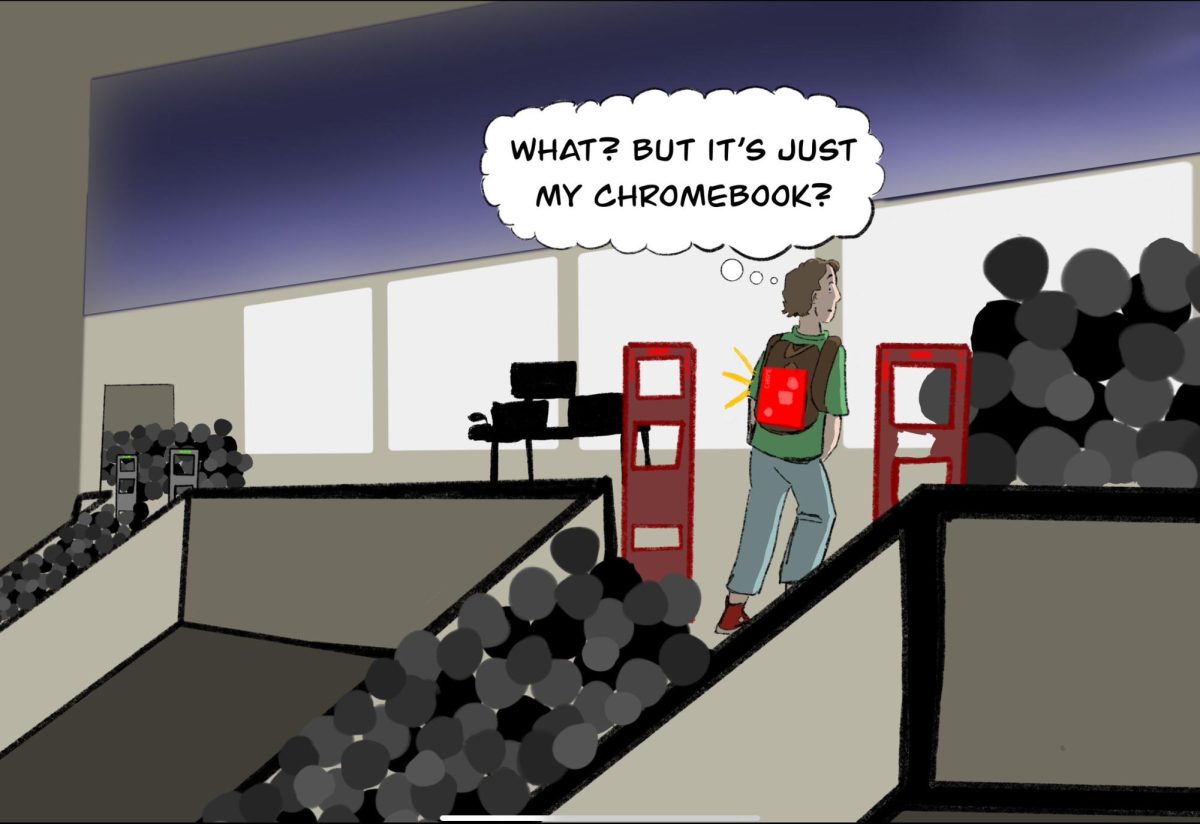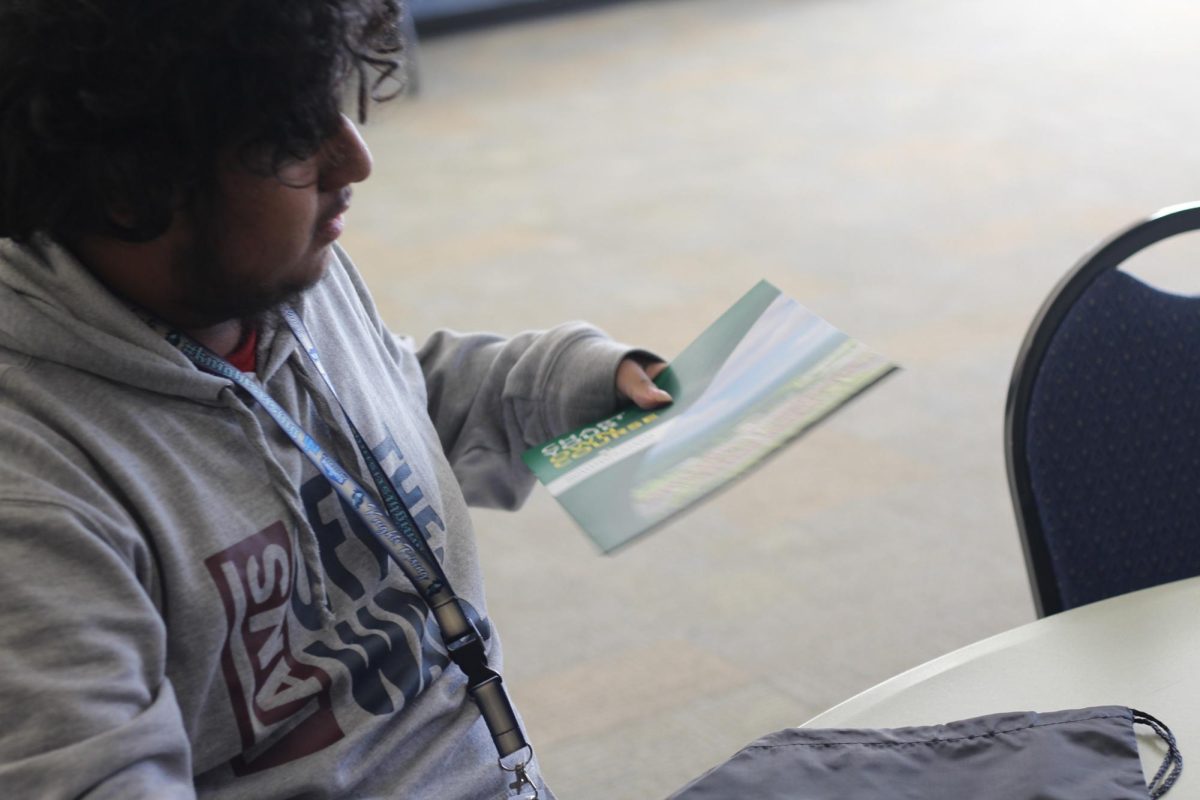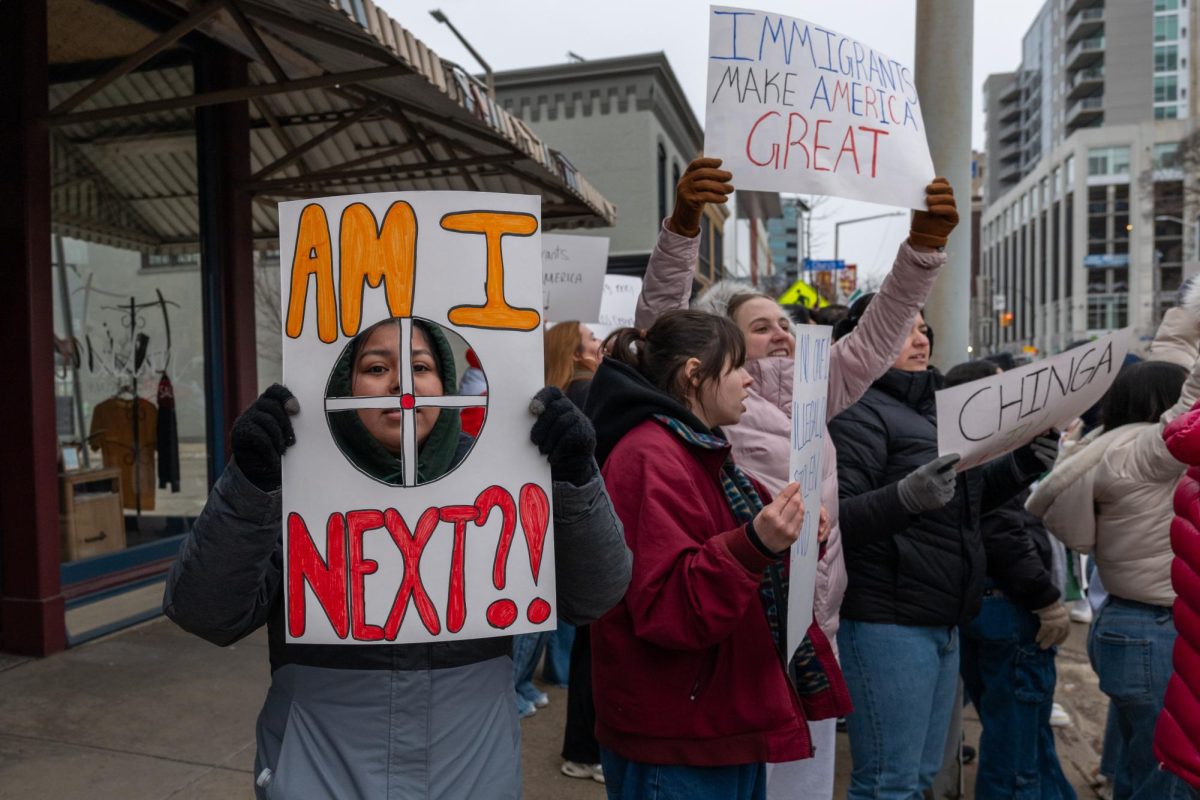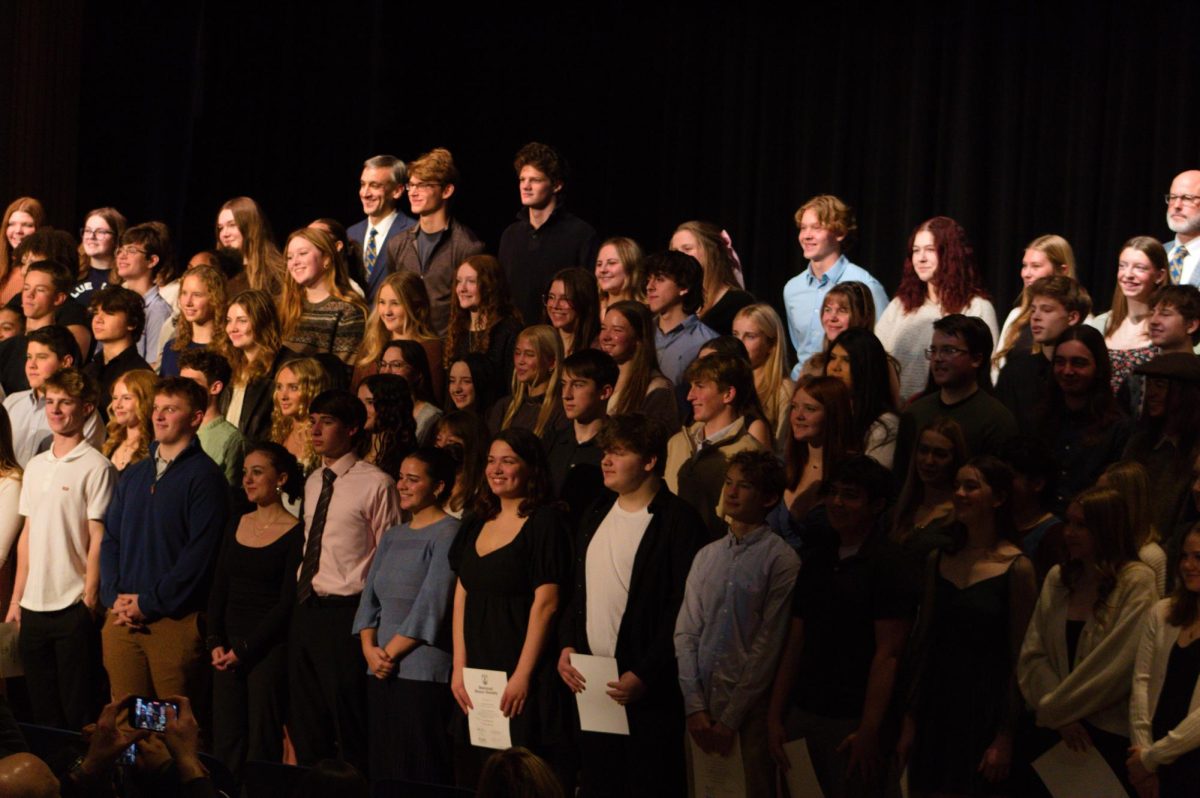
They were out of food and the Lord’s Resistance Army (LRA) were hunting down children. They were also moved into placement camps.
“We were forced to leave our original houses and forced to live in placement camps,” said Ugandan Richard Olunya during the Invisible Children assembly on April 27, 2012. Olunya lived in Africa and witness several deeds that the LRA has done including watching a man being taken off his bike by LRA soldiers.
The Invisible Children Organization aims to increase awareness in the U.S. of the issues in Africa. Invisible Children works to maintain the education programs and send more kids to school while in Central Africa.
Recently, the Invisible Children’s video exploded over the Internet with over 88 million views which brought attention to the issues in Central Africa. The video follows Jason Russell and how he discovered the problems in Central Africa.
Russell’s life changed when he met Jacob who was running from the LRA. Jacob witnessed his brother being killed with a ponga.
“It is better when you kill us,” said Jacob in the film.
The video also highlighted that Joseph Kony is number one on the world’s most wanted list. The Invisible Children’s plan is to make Kony famous and make everyone know who Kony is. The group travels to different cities and schools to spread the word about Joseph Kony and the LRA. According to the Invisible Children website, Invisible Children wants “to inspire young people to help end the longest running armed conflict in Africa.”
On Friday April 27, 2012, students gathered in Kasdorf Auditorium to listen to speakers from Invisible Children. The students from several Social Studies classes were able to listen to Olunya and watch the video, “Kony 2012.” The students were also able to ask questions about the topic. There were several questions such as where the donated money goes and if the controversy is fake.
“It is definitely not a scam,” said Invisible Children representative Tim Guys.
About 81 percent of the money donated is divided into three sections: awareness, advocacy, and on-the-ground development. The other money goes to management costs and direct fundraising.
There are multiple ways to bring attention to this issue. One way the group wants to bring attention to the issues is by having people call their state senators. Invisible Children presented the senator’s numbers encouraging students to call and get the senators to sign “The Kony 2012 Resolution.” During third lunch, more than 115 calls were made to senators to ask if they would sign, “The Kony 2012 Resolution” breaking the Holland, MI record previously set.
Several students made these calls and were proud to do so.
“I think it’s something that needs to be dealt with. It’s something that shouldn’t go unnoticed,” said sophomore Sariah Metcalfe.
Other students believe that it is good that people are coming together for this cause, but sad also that it takes this much to get people to call.
“It’s sad to me that we’re here to call our representatives for something like this,” said junior Shakira Green.
These students want to help and make a difference. The conditions in Central Africa are nothing like they are in the United States; they are much worse.
“Whenever one child is kidnapped in the U.S, everyone knows about it,” said Great Lakes Region representative Briana Santos. “There’s no reason it should happen in Central Africa.”







